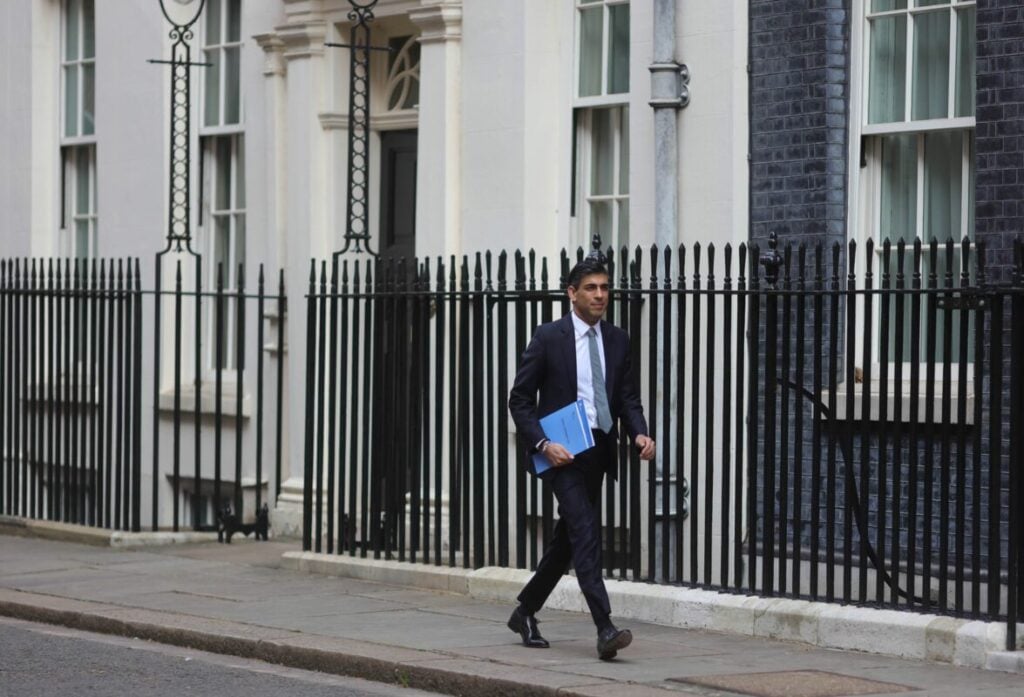
On 22 May, UK Prime Minister Rishi Sunak announced that the next General Election will be held on 4 July this year. The announcement, long before the major political parties had begun campaigning meaningfully, came as a surprise to most political commentators.
Sunak said: “I have never and will never leave the people of this country to face the darkest of days alone,” acknowledging that “Putin’s invasion of Russia caused energy bills to skyrocket”.
“Now is the moment for Britain to choose its future,” he continued. “How and who do you trust? Who is prepared to take the bold action necessary to secure a better future for our country?”
Touching on climate, Sunak said his government has prioritised energy security over environmental dogma.
Climate policy has been a contentious issue in parliament, particularly in the face of the upcoming election—moving the date means decisions will have to be expedited or abandoned altogether.
At the start of May, Ed Miliband told crowds at Innovation Zero 2024 that achieving a net zero power grid by 2030 is Labour’s “North Star”.
In essence, climate policy has been somewhat in flux. When the General Election was expected to be months away, that did not seem so pressing, but an imminent election will cause concerns about the UK’s climate trajectory. The timeline for legislation will have to be adjusted, with this election pegged to have climate as a central topic for debate.
Leo Murray, co-director of climate charity Possible, said: “We can’t let the delayers and the deniers define this election. We need to protect the consensus for climate action which we’ve built among the public and politicians, and pave the way to a climate parliament.”
This article was originally published on Current±.

